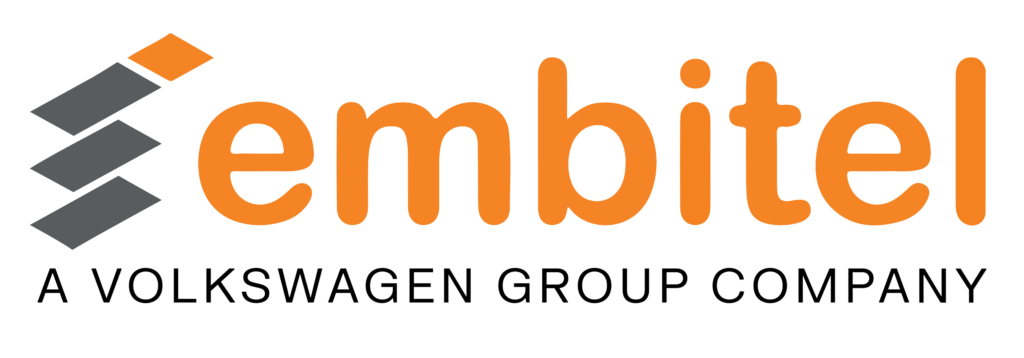About the Customer:
The client is an established name in the global furniture and fabrics industry, operating as a retailer with multiple stores across India, the Middle East, and Europe.
During our successful partnership over several years, Embitel’s digital commerce team had the honour of turning their digital vision into a reality.
Business Challenges:
The client was looking for a centralized system to manage their ecommerce product data and asset data in a scalable manner.
In addition , the customer also had the following requirements:
- Consistent User Experience : the user interface and experience to remain consistent with that of an existing system.
- Seamless Interoperability: Since the system was intended to be centralized, communication between multiple systems was a crucial requirement.
- Role-Based Access Control: Various user role-based access levels and restrictions were expected to be implemented in the system.
- Workflow Optimization: The customer also wanted specific customisations to address specific workflow challenges.
Embitel’s Solution:
Once the Embitel team assessed the customer’s business requirements, they created a customized and comprehensive solution roadmap to address the existing business challenges while fulfilling the customer’s requirements.
We successfully delivered a robust solution that met the client’s needs, replacing the outdated application with an advanced system capable of handling extensive datasets.
Regarding the user interface, we replicated nearly 100% of the design to minimize training time for users transitioning to the new system.
We opted for the Pimcore platform as a comprehensive solution, encompassing PIM, DAM, and MDM all within a single integrated system. In addition to the core functionalities, we implemented numerous customized solutions to meet the specific requirements of our client.
Key Highlights:
Here is a quick snapshot of the various phases through which our team successfully delivered an efficient solution that fulfilled the customer’s core requirements:
- a. Efficient UI Replication for Seamless User Transition:
We replicated almost the entire design in the user interface to reduce training time for users adapting to the new system. Our solution met immediate needs and prepared the client to handle extensive data in the future. - b. Streamlining Information Management with PIM and DAM integrations:
Our implementation involved the incorporation of a robust Product Information Management (PIM) system, strategically designed to revolutionize how we organize and centralize product data. This sophisticated system optimizes efficiency by offering a centralized repository for our extensive range of products.
Additionally, our team also performed successful integration with a comprehensive Digital Asset Management system to handle diverse asset types, including images, with customized mechanisms for bulk uploads and changes. - c. Orchestrating Data Consistency with MDM:
In order to ensure data consistency and accuracy across various domains, a comprehensive Master Data Management system was established. - d. Role-Based Customization:
Role-based functionalities tailored to specific roles and individual users was implemented . This initiative aimed to enhance user experiences by providing customized functionalities aligned with users’ distinct roles within the system. - e. Integration with Third-Party Systems:
Seamless integration with third-party systems for real-time updates of prices and attributes, as well as dynamic on-the-fly searching from external systems. - f. Regular Data Push to Middleware:
A scheduled process to regularly push data to a middleware system was setup, ensuring data consistency and availability. - g. Product Data Seeding in TSV Format:
A custom mechanism for seeding product data based on Tab-Separated Values (TSV) format was implemented, facilitating efficient data management. - h.Bulk Upload and Change Mechanism for Asset Data: Customized solution for bulk uploading and changing of asset data, including images, streamlining the asset management process.
- i.Image Size Customization and Middleware Integration: The team created different-sized images based on requirements and pushed them to the middleware system for enhanced flexibility.
- j.REST API Integration:
Multiple REST APIs were developed to enable seamless data sharing and connectivity with other systems. - h.User-Friendly Navigation Using Keyboard Keys:
Many user-friendly features were implemented allowing users to check and navigate product and asset data conveniently using keyboard keys.
Embitel Impact:
We successfully delivered a robust solution, replacing the outdated application with an advanced system capable of handling extensive datasets.
Our solution not only addressed the client’s immediate requirements but also positioned them to effectively manage substantial amounts of data in the long term.
The implementation of Pimcore has proven to be highly successful, offering centralized management of product information.
- The DAM system has played a crucial role in maintaining consistent branding. By ensuring the use of approved versions of images and other assets across channels and applications, it has helped maintain a unified and consistten brand image.
- In terms of cost-effectiveness, although there was an initial investment in implementing PIM and DAM systems, the long-term benefits include cost savings. Automation, efficiency gains, and reduced errors contribute to significant operational cost reductions.
- The designed system is capable of handling large volumes of data and assets, providing scalable solutions that can seamlessly grow with the business.
- The implementation of Pimcore PIM and DAM has resulted in a more streamlined and efficient workflow. This, in turn, has led to improved productivity, heightened customer satisfaction, and enhanced competitiveness in the market.
- The delivery of custom solutions for various challenges has garnered positive feedback from the client, further affirming the success and satisfaction achieved through the provided solutions.
Tools and Technologies:
- Pimcore (community edition): Powering the central system for product catalogue (PIM), Asset (DAM) and APIs (Central system)
- Visual Studio Code: Utilized Visual Studio Code as the integrated development environment (IDE) for writing, editing, and debugging code.
- PHPCS (PHP CodeSniffer): Integrated PHPCS as a code scanner to ensure adherence to coding standards in PHP.
- GIT: Utilized Git as the distributed version control system to manage and track changes in the source code.



